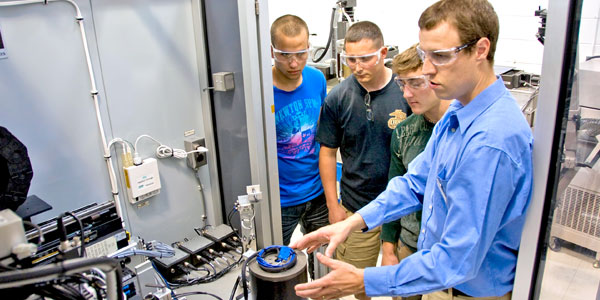Students are responsible for ensuring that they have a Microsoft Windows 10 based desktop or laptop system that meets or exceeds the following general personal computer technology requirements:
- A desktop or laptop system running on an updated Microsoft Windows 10 operating system.
- Minimum 256GB SSD storage and 8 GB memory.
- An integrated or peripheral video camera, microphone and speaker system.
- Reliable internet connectivity with Broadband capabilities (a minimum download speed of 5 Mbps) is recommended.
- Successful installation and activation of both AutoCAD and Multisim found on the Blackboard Homeroom page (after timetable selection).
Niagara College will not be able to provide support for systems different than the above specifications. Any provided software may not operate properly. Academic software for your courses (supported under the Microsoft Windows 10 operating system) will be made available for download and remote use. Access will also be provided to remote high performance computer labs if software downloads are not feasible.
Note: There is no support for Chromebooks or Apple products for this program.



